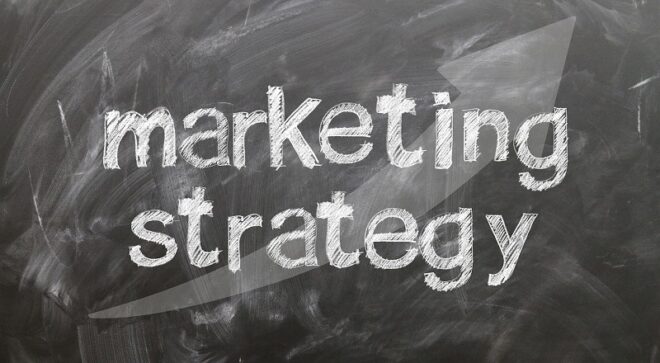How Technology Can Help with Your Event Management

TechsPlace | Another day, another technological advancement, particularly in the field of event planning. It’s getting harder and harder to keep track of all the new gadgets and software that keep coming. For years event managers and planners have been using sophisticated software in their quest to host the perfect event. But, the question on everyone’s mind: which of these trends are just fads and which are there to stay with Event Management?
To answer that question, and more, we have compiled a list of some of the best consumer warming practices and ways technology can aid us in our event planning. Take a look at the article below if you want to find out more.
Increased Engagement
With the rise of Augmented and Virtual Reality, engaging your audience has never been simpler. For instance, the latest projection mapping technology (a form of augmented reality) can turn any surface or building into an interactive 3D display. As a result, the original design of a venue will no longer be an issue. Event managers and planners will be able to use this optical illusion to create customized stages and booths and completely redesign the interior of a venue as they see fit.
What’s more, with the help of projectors, events could be held directly from inside the office without the need to lease big halls and other conference buildings. This not only provides businesses with a cost-effective way to boost customer engagement but also provides customers with a truly memorable experience.
Better Planning
Technology helps us process huge amounts of data within seconds. Consequently, this allows us to make in-depth plans and analyses before, during, and after an event. For example, event managers can conduct surveys or questionnaires to find out what the consensus — concerning certain event-related topics — is before the event takes place and plan accordingly. However, what’s even more impressive is the way event planners can use Big Data to create data-driven decisions in real-time.
For example, by tracking the movements of attendees (with GPS, Wi-Fi, and Bluetooth), we can keep tabs on the general development of the event and get answers to some of the following questions:
Which booths are attendees paying attention to the most? Have they placed in key (high-traffic) areas? What sponsors receive the most attention?
Hence, changes can be made on-the-spot, if need be, to improve the overall flow of the event. In addition, the “post-mortem” of the event will shed new light on how to optimize the event in the future further. Besides utilizing technology, engaging professionals like Getout Events Singapore for help will also go a long way to ensure that your event is a success.
More Automation
More technology means more automation. In the past, when you wanted to organize something, you had to do it manually — by hand. Meaning, you either had to do it all by yourself or hire someone to do it for you; there was no other option.
Luckily, today, we have tons of tools at our disposal that help us organize events quickly and efficiently. For example, a cloud-based visitor management app can keep an eye out for arriving and leaving attendees while simultaneously storing valuable customer data on the cloud; you’ll be notified immediately if a special guest arrives either through email or SMS.
In short, automation removes the unnecessary cost of hiring additional staff for the duration of the event — in this case, receptionists — creating a cost-effective strategy for marketers and event planners alike.
Easier Networking
When it comes to advertising and promoting your event — social media is your best friend. Gone are the days when you would simply read about an upcoming event in the local papers. It’s all viral now.
Simply put, social media makes it easy for both customers and marketers to engage with others and share their experiences online. Likewise, event managers can use this insight as a form of feedback and tailor custom-fit events for their target audience. That way, your event planning efforts will have a more profound effect on your audience, and you won’t have to run around in circles to find the correct method of engagement.
In addition, you can reach people all across the globe — something you simply couldn’t do without technology — and entice them to share your event with other people, doing most of the advertising for you.
Personalized Experience
Today it’s all about providing that personalized experience for your customers. According to a recent survey done by Statista, 90% of respondents said that they find this form of marketing appealing.
Now, when it comes to event planning, there are a few things you can do. For example, send targeted emails to your loyal customers inviting them to join your upcoming event, address them by name and use any data that you have at your disposal to personalize the content of the email further.
To do this, you need to find relevant event managing software that gives access to your customers’ needs and preferences. That way, you can tailor the perfect event invitation for them. In addition, these messages can be fully automated and sent the moment your attendees sign up for an event or even take a sneak peek of your website.
In the end, it all comes down to your personal preferences. With so many options out there, it’s hard to say (for certain) which one is the best. One thing is clear, though – technology will help you scale your event planning in the most efficient, cost-effective way.
Keith Coppersmith is a business and marketing expert who has experienced both the rise and fall of many businesses. As a regular contributor at BizzmarkBlog, he enjoys writing and providing insight into the marketing industry based on both practice and theory.





